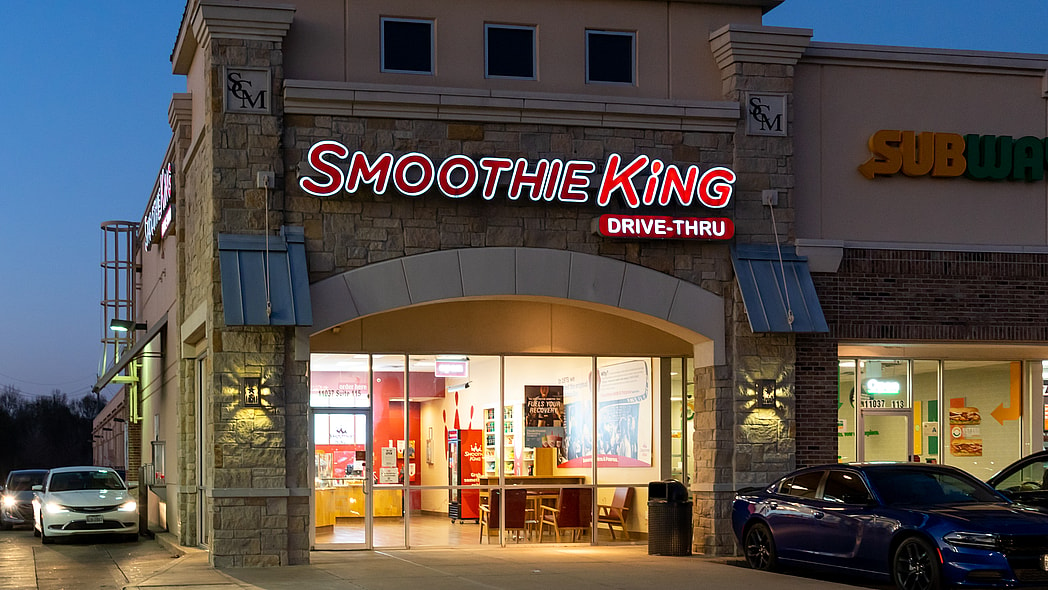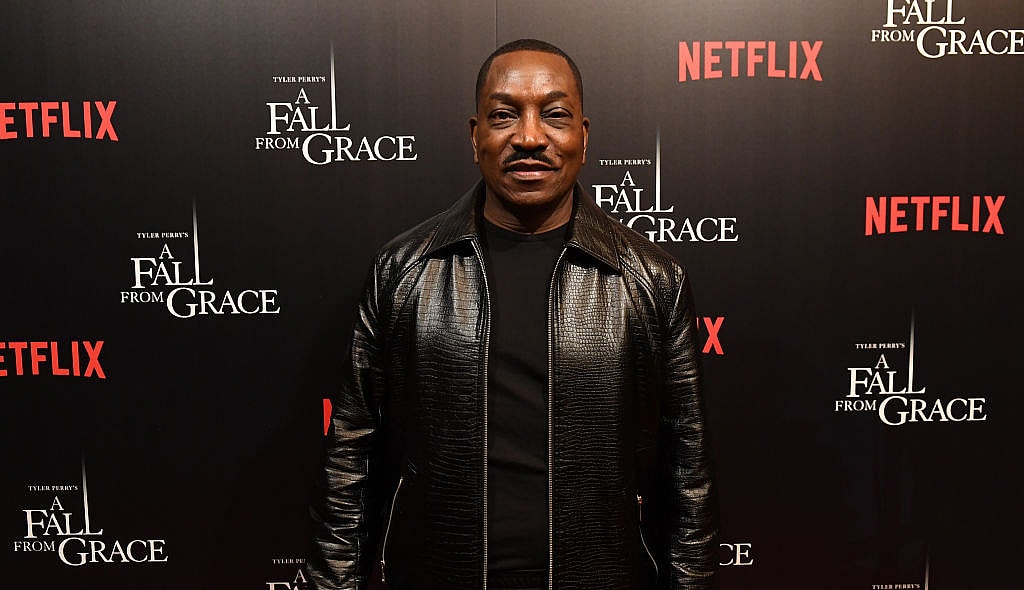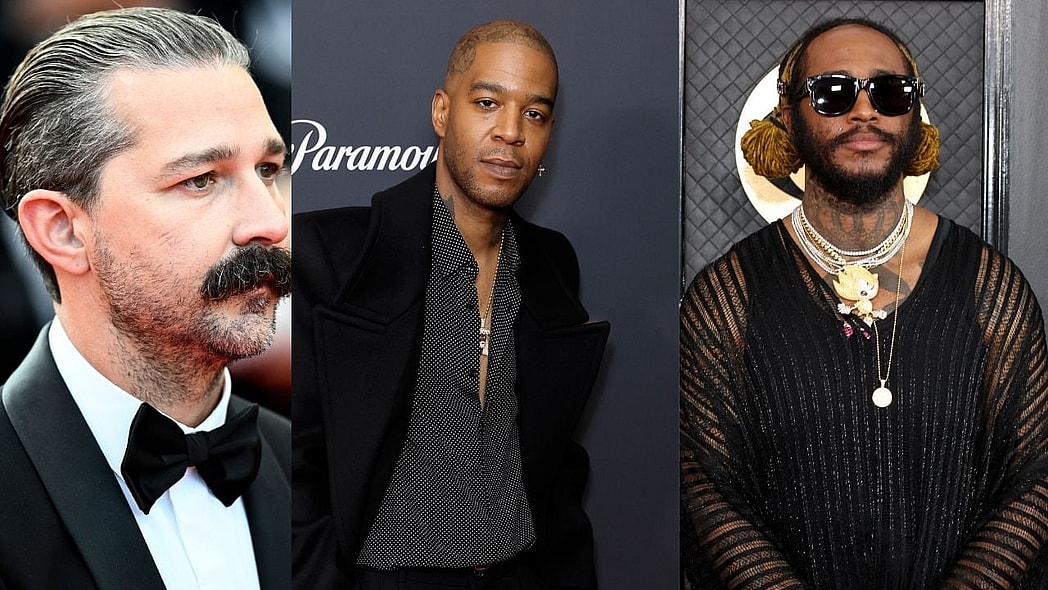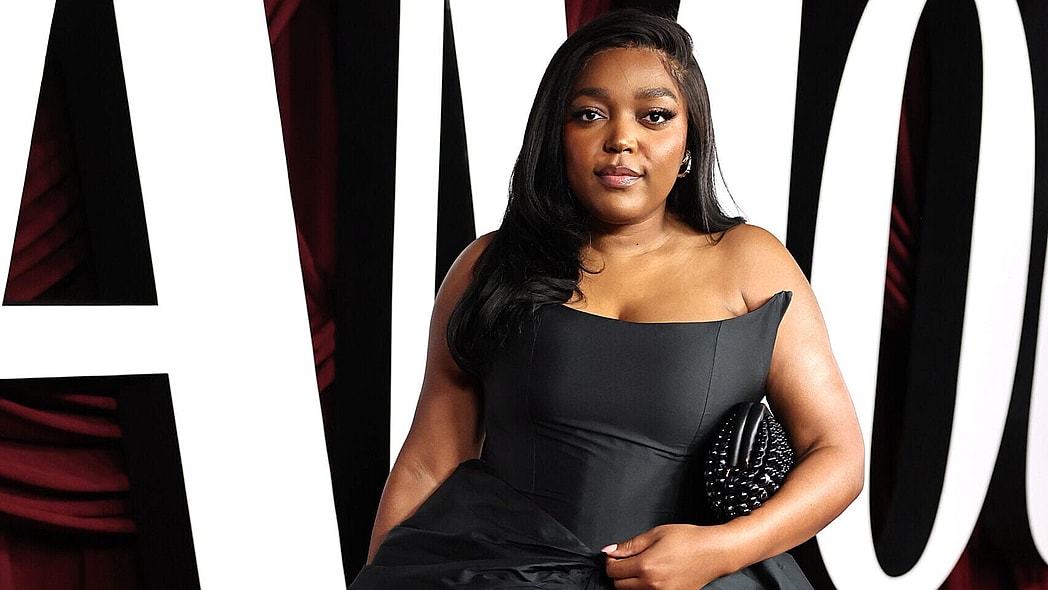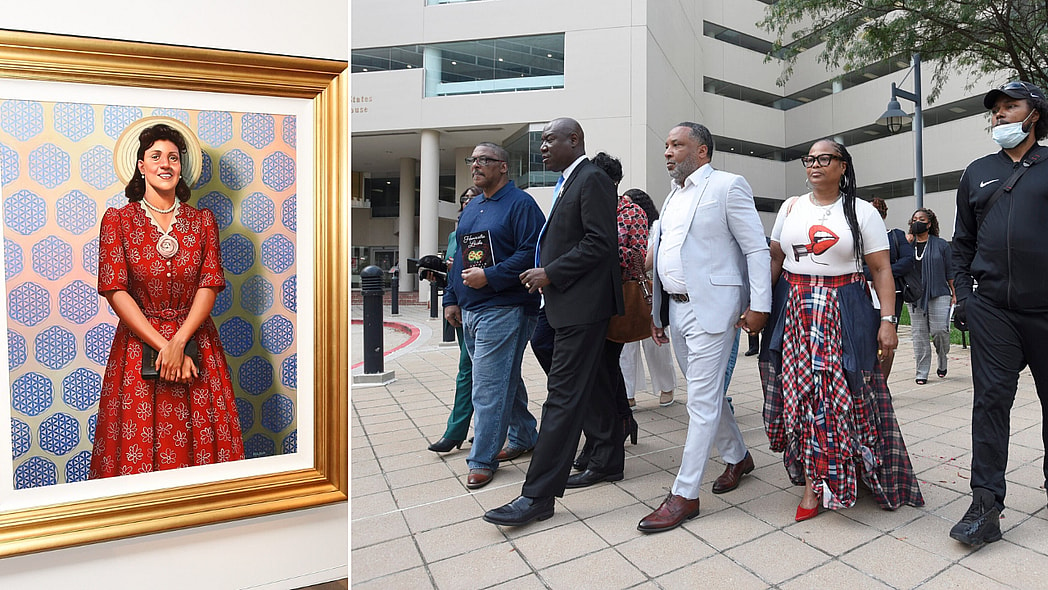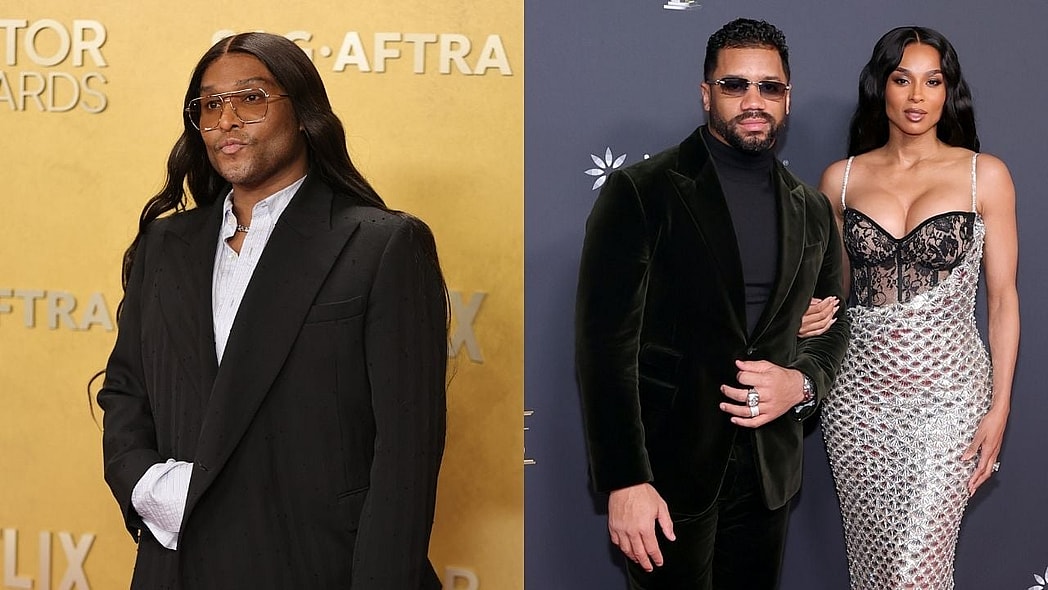In the early ’90s, I was yanked out of the closet. A Black, queer teen growing up in South Texas, I had always felt different but struggled to put my finger on exactly why. When I finally admitted to myself that I liked girls, I felt a mild sense of relief mixed in with all the confusion and shame — insofar as I finally was able to articulate this feeling inside me. I even connected with another girl at my high school (we were the only two queer kids I had ever known), and we started dating. While it was a secret and still caused me immense anxiety, there was some solace in that milestone of exercising my agency, experiencing butterflies and exploring a part of me that had been muted for so long.
All of that progress shattered in an instant when a letter between us was passed around school — consequently outing both of us and our relationship. I wasn’t ready to share this part of myself, and it was devastating to feel so out of control and exposed to something so deeply personal. Even more devastating was the way we were treated. Just as I had feared, we were ostracized, bullied and dismissed. I even had teachers, the supposed adults in the room, who wouldn’t talk to me and told me I was wrong about myself because I was too young to feel this way.
I even approached my girlfriend’s cross-country team coach in an attempt to get her “out of trouble.” The coach, who I would come to learn many years later was a lesbian herself, dismissed me — an exemplification of the toxic and pervasive anti-LGBTQ+ hold on the world. It was awful, and only when I became an adult did I fully understand why coming out is such an individual process that no one should ever be pressured toward until they are ready.
Recommended Stories
That traumatizing experience sent my life at the time down an unfortunate spiral.
The bullying became unbearable. I dropped out of high school, left home, slept on couches, faced evictions and even lived in a trailer without running water. All while struggling with my identity and the toxic messages I’d heard playing on repeat in my head. Many times, I didn’t want to live.
As any LGBTQ+ person lucky enough to make it through to adulthood will tell you, it got better. I moved away, started answering phones in call centers, married an incredible woman who I’d eventually build a family with and found my way to corporate America. Surprisingly, I thrived there. I enjoyed leading people and found a sort of energy and fulfillment as an LGBTQ+ person in spaces where there weren’t many of us. I climbed the ladder, held senior leadership positions, and was an out lesbian in the boardroom. I thought I was living my truth.
But this gnawing, knowing that I still wasn’t living as my authentic self wouldn’t quiet. As I had experienced in my youth, I continued to feel different and isolated but couldn’t really explain it. Even into my 40s, I’d recall some painful words from my youth that shaped my understanding of identity and what I was supposed to be:
“Be a good Christian girl.”
“Stop acting like a boy.”
“Your hair is nappy.”
“You’re ugly.”
“You’ll never amount to much.”
“Gay people go to hell.”
Despite all my progress, these messages were still burdening me, informing my sense of self and what I was allowed to be. Being a lesbian seemed like as far as I could take it.
Here’s my truth, a truth that has always been there: Sometimes I feel masculine, sometimes feminine and sometimes both. Just last year, I came out as nonbinary. I changed my name and my pronouns. I still identify as a lesbian and a mom. Yes — I can be all of these things at once. I’m finally unapologetic about it. It took decades to get here, but I’m finally comfortable with my identity.
Today, on National Coming Out Day, I claim this moment as my second coming out — one that was all mine, on my timeline, on my terms. Do I wish I had a coming out handbook or that the world around me had been more accepting, so I could have come out with my full identity decades ago? Absolutely. But we still have a long way to go; many LGBTQ+ students report being verbally harassed and mistreated so badly that they left school or were physically attacked for their sexual orientation or gender identity. My first coming out was terrible, a memory I still shudder to recall. My second coming out? Relieving, liberating and empowering. Even my father embraced me this time around — not because he understands gender expression or nonbinary identities more than me being a lesbian, but because he saw how exhilarating it was for me to be my full self. I was so grateful that he knew he didn’t have to understand me to still love me.
Let people come out on their own terms. This is an especially important message for parents or other youth-facing adults. Outing young people before they are ready is dangerous and may inflict emotional (or literal) scars that take years and years to heal. A recent peer-reviewed study found that one-third of youth who were outed without their consent were more likely to experience major symptoms of depression and lower family support than those who were not.
Identity can be ever-evolving. LGBTQ+ or not, we are all societally conditioned to hide our authentic selves, be made to feel like parts of ourselves are taboo and conform to norms that inhibit our true selves from living freely. Your identity is your impact. Take this as permission to keep shedding those layers, to keep digging until you reach the core of your most authentic self. For me, it’s about embracing my multitudes. I’m a Black, nonbinary lesbian, a tattooed and pierced CEO, a hard-rock and rap-loving business leader and fundraiser, a passionate professional and a deeply engaged mother and wife.
Let me tell you, embracing and sharing my full self has made me a better leader, a better parent, a better partner — a better me. What an incredible discovery to celebrate.

Jaymes Black (they/she/he pronouns) is the CEO of The Trevor Project, the leading suicide prevention and crisis intervention organization for LGBTQ+ young people. He oversees the organization’s 24/7 crisis services, research, education, advocacy, and peer support programs. They are The Trevor Project’s first Black nonbinary lesbian CEO.


